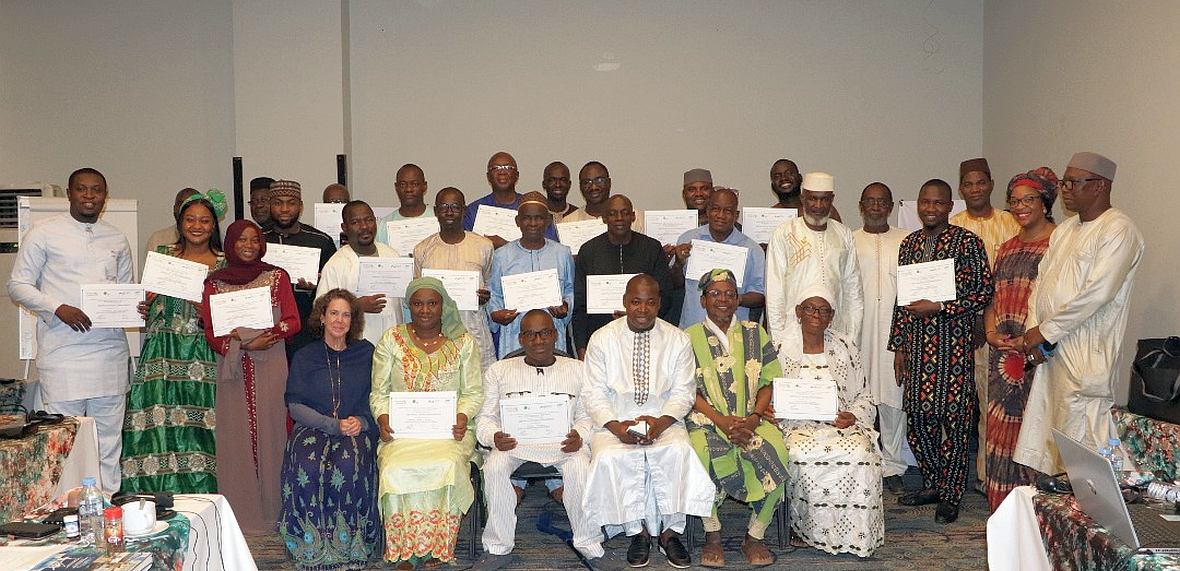This initiative, supported by more than $6 million in GCF funding, aims to strengthen the capacity of African countries to plan climate-resilient water investments and access GCF resources.
Organized by the Global Water Partnership Southern Africa (GWPSA), the Environment and Sustainable Development Agency (AEDD), and Mali's National Directorate of Hydraulics (DNH), the workshop brought together focal points from the Designated National Authority (DNA), technical experts, and institutional partners for an in-depth immersion in GCF mechanisms.
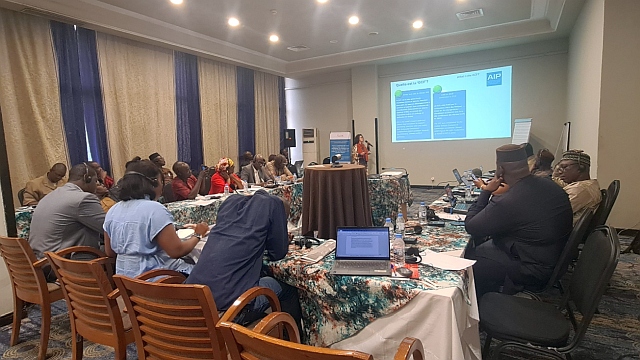 The workshop enabled participants to:
The workshop enabled participants to:
- understand the GCF's operational framework, access modalities, and eligibility criteria;
- develop robust climate logics and evidence-based narratives;
- master the requirements for co-financing and financial structuring of projects;
- Integrate environmental, social, and gender considerations (GEDSI) into proposals; and
- Develop theories of change aligned with the GCF Results Framework.
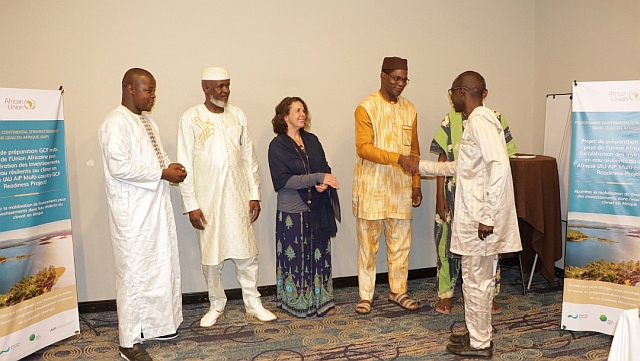
Results and outlook
At the end of the workshop, participants demonstrated an enhanced ability to:
- Write compelling and technically sound concept notes;
- Identify co-financing opportunities and build appropriate financial models;
- Systematically integrate environmental and social safeguards into projects;
- Justify climate interventions with relevant data and analysis;
- Apply the methodologies learned to concrete national projects, with robust monitoring and evaluation frameworks.
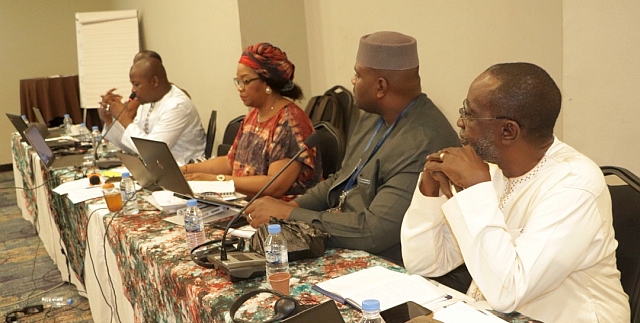 Towards increased mobilization of climate finance
Towards increased mobilization of climate finance
This workshop marks a decisive step in mobilizing climate finance for Mali. It strengthens national capacities to design projects aligned with the country's climate priorities and to engage effectively with the GCF. It also paves the way for better structuring of project pipelines and Mali's active participation in the continental knowledge and investment platform on water security.
Participant testimonials
The workshop was marked by the active engagement of participants, who praised the quality of the discussions and the relevance of the tools shared to strengthen their climate finance capacities. Here are some of the testimonials collected:
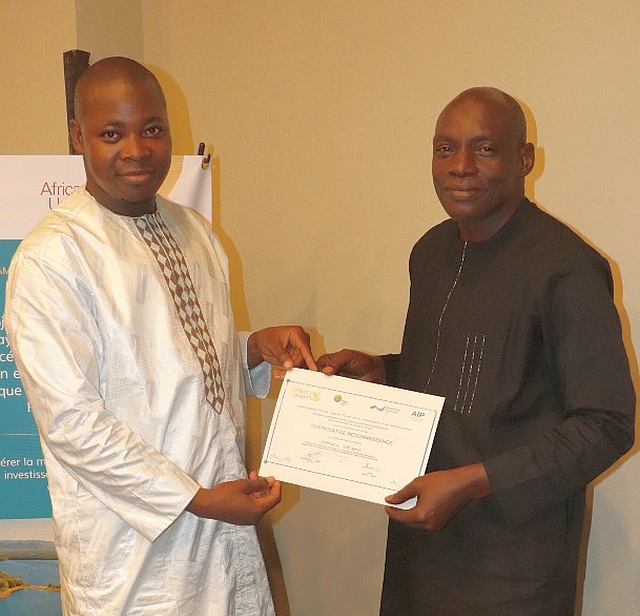 Hamidou WAÏGALO, National Directorate of Hydraulics (DNH)
Hamidou WAÏGALO, National Directorate of Hydraulics (DNH)
“This training gave us a better understanding of GCF mechanisms and the technical requirements for structuring bankable projects. The sessions on theory of change and investment criteria were particularly enlightening.”
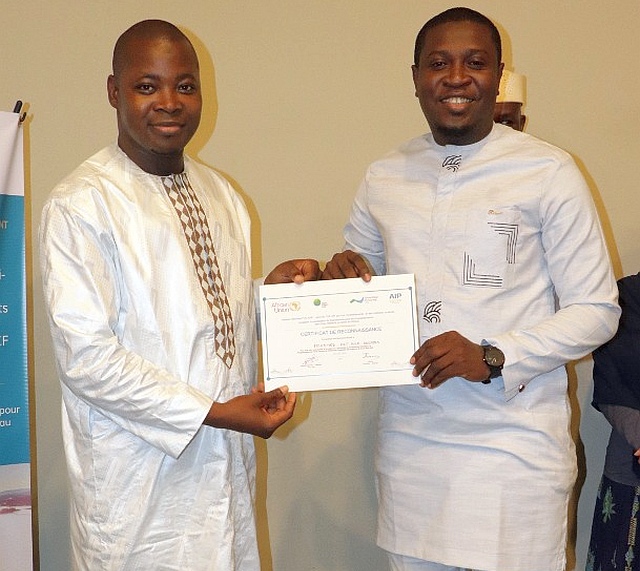
Mohamed Dit Kila DOUMBIA, National Agricultural Development Bank (BNDA)
“As a financial institution, it is essential for us to master co-financing models and climate logic. This workshop gives us concrete tools to support project leaders in structuring their proposals.”
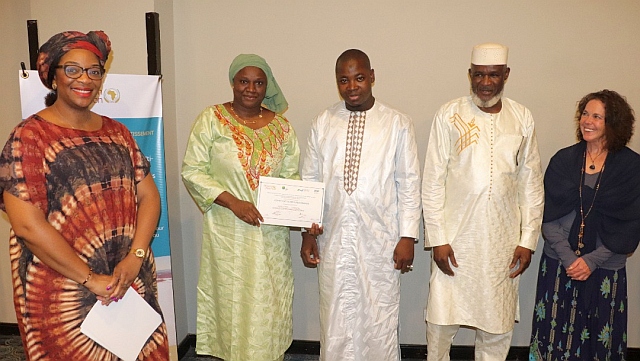 Mrs. SANGARE Fatoumata Cissouma, DNH
Mrs. SANGARE Fatoumata Cissouma, DNH
“The participatory approach and group work promoted a real understanding of the concepts. I am leaving with a better understanding of the GCF’s requirements, particularly in terms of gender and social inclusion.”
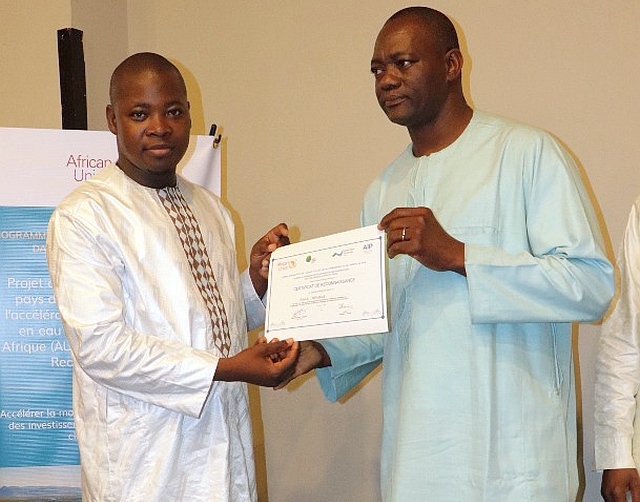 Siaka Dembélé, Institute of Rural Economics (IER)
Siaka Dembélé, Institute of Rural Economics (IER)
“The workshop was a unique opportunity to bring together scientific and institutional perspectives. The discussions on climate data and evidence-based narratives are directly applicable to our research and development projects.”
Expression of satisfaction by the trainer, Dr. Maryna Storie, Expert in climate finance and GCF project preparation
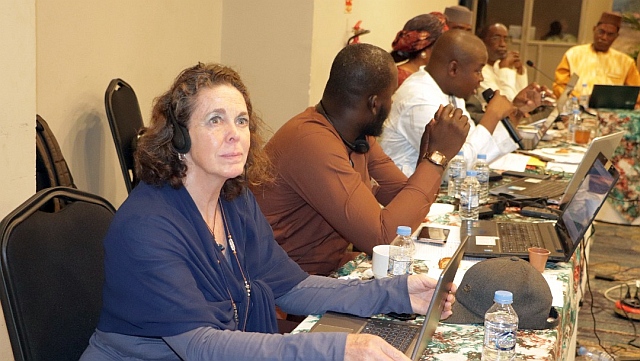 "It was a privilege to co-facilitate this workshop alongside committed colleagues and passionate participants. Mali has remarkable potential to mobilize climate finance, and this workshop demonstrated that the technical and strategic skills do indeed exist within national institutions.
"It was a privilege to co-facilitate this workshop alongside committed colleagues and passionate participants. Mali has remarkable potential to mobilize climate finance, and this workshop demonstrated that the technical and strategic skills do indeed exist within national institutions.
Together, we reviewed the requirements of the Green Climate Fund, climate logic, financial models, and social and environmental considerations. What particularly grabbed my attention was the collective desire to incorporate inclusion, resilience and impact into every project proposal.
I leave with a deep admiration for Mali's efforts in structuring ambitious and transformative projects. I encourage each participant to continue this momentum, to collaborate beyond institutional silos, and to make Mali's voice heard in international climate finance forums”.
